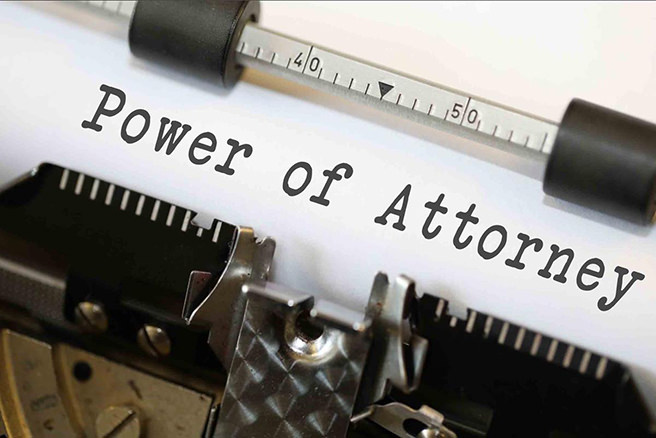Why a Power of Attorney Document is So Vital
Disability and incapacitation can strike any of us at any time. Spending a couple of weeks “getting your affairs in order” is frequently not an option.
Failing to do so can cause enormous financial and legal problems for you, your loved ones and the people trying to get you the care you need and to protect your interests and wishes while you are incapacitated.
This is why a durable power of attorney is among the most important documents in your financial plan.
Using a “springing” durable power of attorney, you will be able to delegate vital decision-making authority to a trusted individual or representative. This, in turn, will enable this individual to look out for your best interests while you are unable to speak up or look out for them yourself.
If you fail to create a power of attorney, then the state will default to your next of kin or closest living relative which in many cases is not what people want.
In some cases, families have fought over this authority while their relative is in a coma, causing needless wrangling, delays and expenses. A power of attorney document can prevent these problems and preserve your interests.
Do I need it if I am married?
Generally, you should consider establishing a power of attorney even if you are married. It is a must if you are jointly titled on any property at all.
For example, any kind of real estate or property titled in joint tenancy will require the approval of both parties in order to sell.
You or your spouse may need to sell a property for living expenses. But without a power of attorney in place, it would be a much longer and more difficult process involving a guardianship proceeding.
These proceedings themselves can be expensive and tedious, because the courts will require substantial evidence of your incapacity.
Many aspects of your medical condition may become public record. And the process generally racks up thousands in legal fees – all of which will likely be paid out of your own assets or estate, anyway.
What are the types of power of attorney documents? Keep reading our blog to find out!
